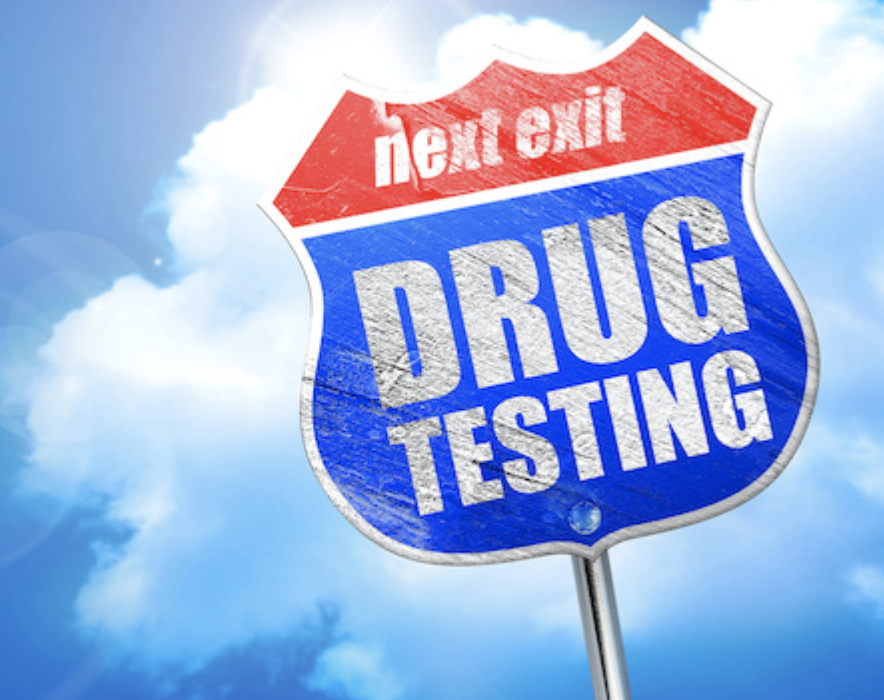Drug Testing

Drug tests vary, depending on what types of drugs are being tested for and what types of specimens are being collected. In this location we are currently set up to collect and administer urine samples only. In federally regulated programs, only urine samples are collected, although the Secretary of Health and Human Service has released guidelines for the inclusion of oral fluid specimens. Tests are commonly used for five categories of drugs: Amphetamines; Cocaine Marijuana; Opiates; and Phencyclidine (PCP). Additional categories may include barbiturates, Benzodiazepines, ethanol (alcohol), hydrocodone, MDMA, methadone, methaqualone, or propoxyphene. Drug testing may be used in the following set times or circumstances:
- Pre-employment: You can make passing a drug test a condition of employment. With this approach, all job candidates will receive drug testing prior to being hired.
- Annual Physical Tests: You can test your employees for alcohol and other drug use as part of an annual physical examination. Be sure to inform employees that drug-testing will be part of the exam. Failure to provide prior notification is a violation of the employee's constitutional rights.
- For-cause and Reasonable Suspicion Tests: You may decide to test employees who show discernible signs of being unfit for duty (for-cause testing), or who have a documented pattern of unsafe work behavior (reasonable suspicion testing.) These kinds of tests help to protect the safety and wellbeing of the employee and other coworkers.
- Post-accident Tests: Testing employees who were involved in a workplace accident or unsafe practices can help determine whether alcohol or other drug use was a contributing factor to the incident.
- Post-treatment Tests: Testing employees who return to work after completing a rehabilitation program can encourage them to remain drug-free.
- Random Tests: Tests using an unpredictable selection process are the most effective for deterring illicit drug use.
Do what you love.
